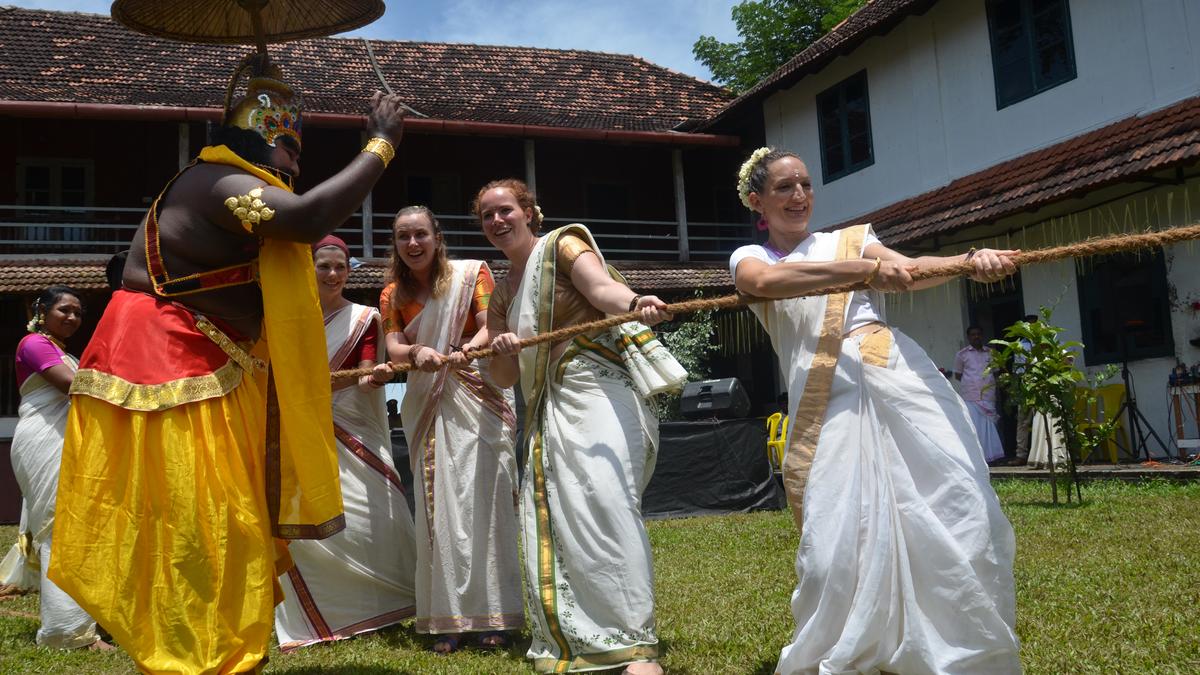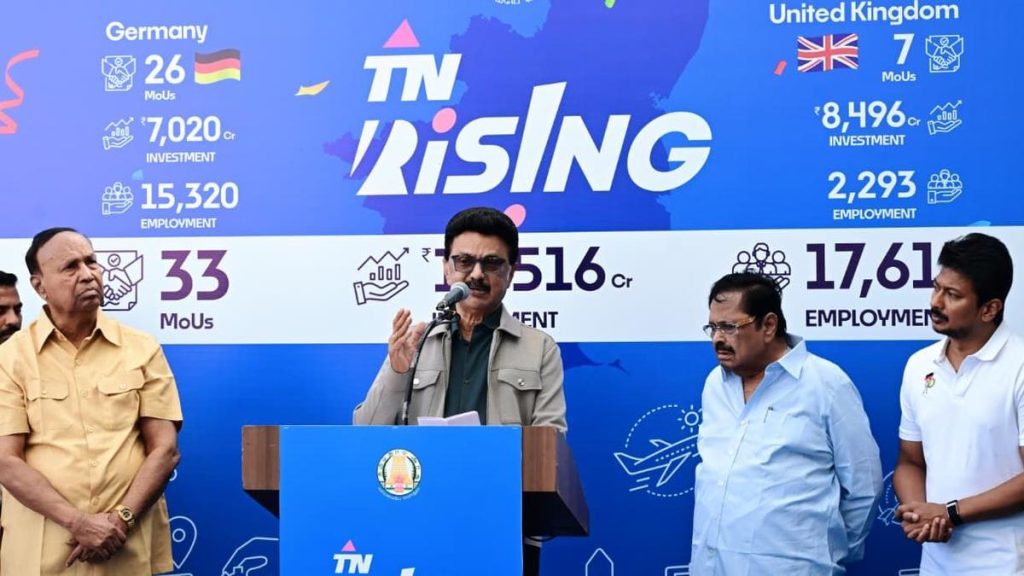Now Reading: Kerala to Promote Onam Festivities for Global Tourists
-
01
Kerala to Promote Onam Festivities for Global Tourists
Kerala to Promote Onam Festivities for Global Tourists

Rapid Summary
- Kerala’s Responsible Tourism Mission Society has launched an international Cultural Exchange Program to showcase Onam as a notable festival globally.
- A 12-member international delegation from countries including the UK, France, Vietnam, Indonesia, Thailand, Sri Lanka, Nepal, and South Korea is touring Kerala’s scenic RT destinations like Aymanam and Kumarakom.
- delegates are experiencing local hospitality through homestays featuring pookkalam (floral arrangements) and Onasadya (traditional feast).
- They visited cultural landmarks such as the Thiruvonam Maatam at Maatam Parambu and took part in community-organized competitions during Onam celebrations.
- Delegates purchased indigenous handicrafts made by local artisans and were welcomed with traditional percussion ensembles at various locations.
- The visit includes witnessing the grand pageantry that marks the finale of Onam Week Celebrations on September 9 in Kerala’s capital city of Thiruvananthapuram.
- The programme highlights Kerala’s acclaimed tourism models like gender-inclusive initiatives, curated schemes such as STREET and PEPPER projects, village life experiences, and model RT villages across multiple destinations.
- The tour concludes on september 11 under directives from Kerala tourism Minister P.A. Mohammed Riyas.
Indian Opinion Analysis
Kerala’s initiative to promote Onam through an international Cultural Exchange Programme is a noteworthy step toward positioning India on the global cultural tourism map. By immersing foreign delegates in authentic experiences-ranging from homestays to participating in traditional festivities-the State aims to offer not just a vibrant display of its heritage but also foster cross-cultural understanding. This approach aligns with Responsible Tourism practices that focus on sustainable advancement while elevating local communities economically through handicraft sales and hospitality opportunities.
Such endeavors have wider implications for India’s soft power diplomacy.Highlighting regional festivals like onam can enhance India’s image as a rich tapestry of traditions accessible via well-curated tourism models.However, scaling such initiatives without compromising authenticity or sustainability would require robust planning. Gender-inclusive efforts featured prominently here could serve as model practices for states looking to balance social equity with economic growth within tourism frameworks.
Read More: The Hindu
























